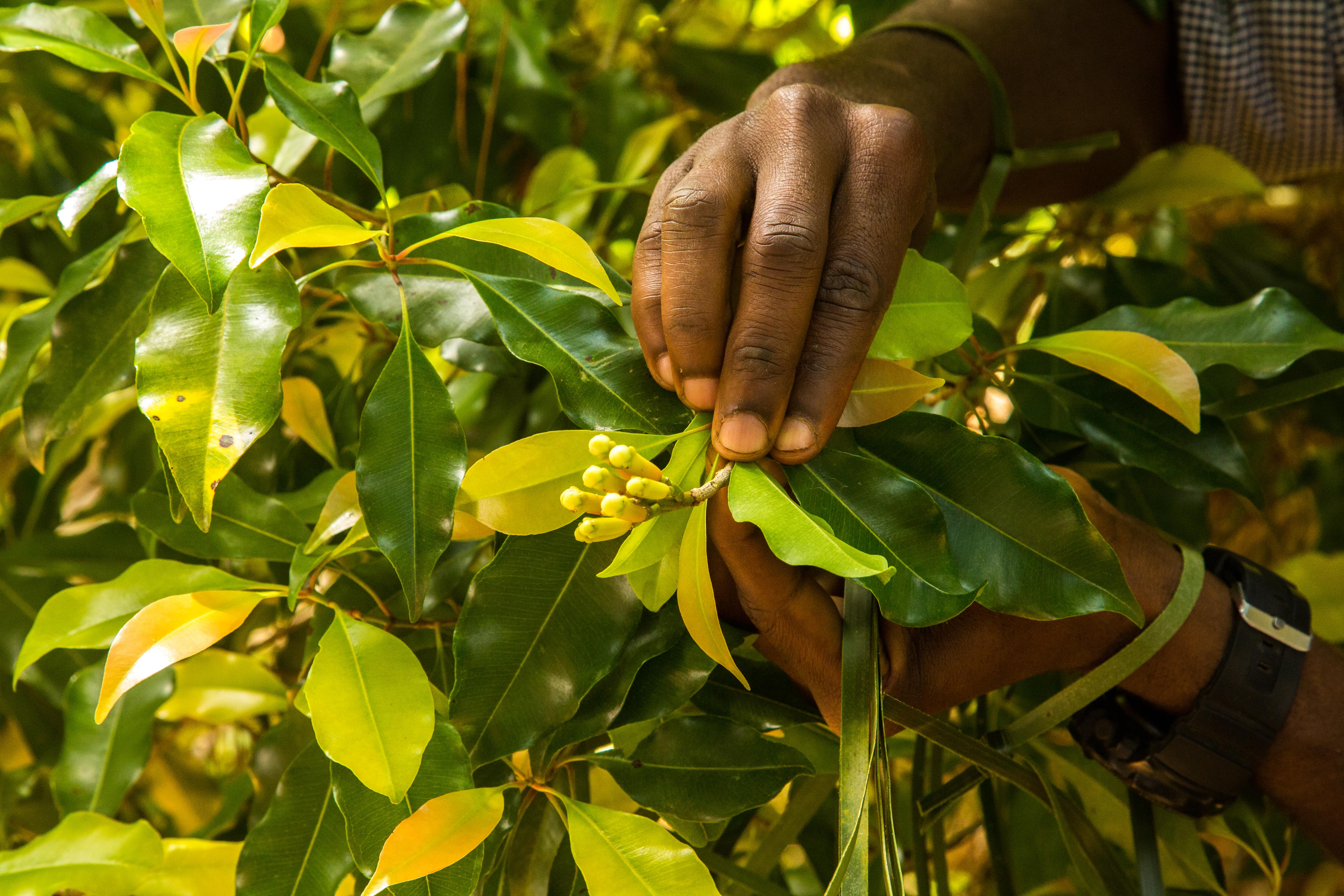Clove Market's Top Three Players: Indonesia, Madagascar, and Tanzania
The dynamics of clove trade have changed greatly over the course of history, where its origins are rooted in Indonesia but have spread to other countries, namely Madagascar, Tanzania, and Sri Lanka. The Monopsony system has altered the course of clove trade, and Indonesia has once again gained its foothold as the top exporter and producer.
Clove Monopoly in Tanzania
In the 60s, Zanzibar, a remote state outside of Tanzania, led world production and exports, aided by the fact that it produces the crop twice a year. However, politics have hampered much of the booming trade, combined with the onslaught of harsh weather conditions. Currently, the Zanzibar State Trading Corporation (ZSTC) keeps tight reins on Zanzibar’s exports: Farmers get their seedlings from the ZSTC, and export through the same system.
With the lack of a fully free market, prices for cloves from Zanzibar are one of the most expensive in the global market, even more than those from mainland Tanzania. Uncompetitive prices have pushed producers to engage in black market trade and these exports are often unaccounted for or re-labeled as other countries’. Producers have expressed frustration at the lack of recognition for these cloves, which are claimed to be exported to bordering countries that barely grow the crop and sold without a label of origin, or mixed together with other countries’ products to increase the quality.

The Rise of Indonesia and Madagascar
Since the 1970-80s, Indonesia has steadily increased its market share of cloves, although it also had a fair amount of issues with clove monopoly as well. Its clove market is consumed internally as a popular ingredient in kretek, a traditional cigarette with clove and tobacco mixture, and in 1980, as much as 75% of the global clove output ended up going into kretek production. Madagascar climbed to the top slots as a major clove market in the 1920s-30s, with the introduction of clove essential oil, overcoming coffee, the country’s main cash crop, in terms of exports by the late 90s when coffee farms were stripped to make way for rice production.
Clove Trade Dynamics between Major Players
With high domestic demand, Indonesia supplements any shortage with imports from other top-producing countries. Exports can vary significantly, as, in 2018, exports have recorded a little over 100K tons, while exports in 2017 were a third of that amount.

Wherein 1983 came a period when Indonesia was fully self-sufficient, exports to Madagascar and Tanzania plummeted. In an alternative situation from 1983 when Indonesia was running short on cloves, imports increased massively, followed by high prices. Indonesia remains one of the top importers for cloves, but India has claimed the number one spot due to its decreasing domestic output.
In terms of clove oil, Madagascar exports its oil to the US and France, with smaller quantities to Indonesia where eugenol, a chemical compound used often as an anesthetic, is extracted. Accordingly, Indonesia has become the number one exporter of eugenol extract, supplying markets in the US and Europe.
Opportunities in Current Markets
Despite Tanzania, specifically Zanzibar's decline in production over recent years, it has one of the highest levels of productivity.Suppliers have also noted that Tanzania is expected to create a spice board to regulate the flow of spices and establish uniformity in the market in an effort to reclaim its global presence.
Indonesia is currently not seeing any decrease in production and the clove industry has been relatively unscathed from the coronavirus, and demand from overseas markets has been favorable as consumers hoarded cloves or searched for immunity-boosting remedies.
Sources
- Bois Et Forets Des Tropiques. "The clove tree of Madagascar: a success story with an unpredictable future."
